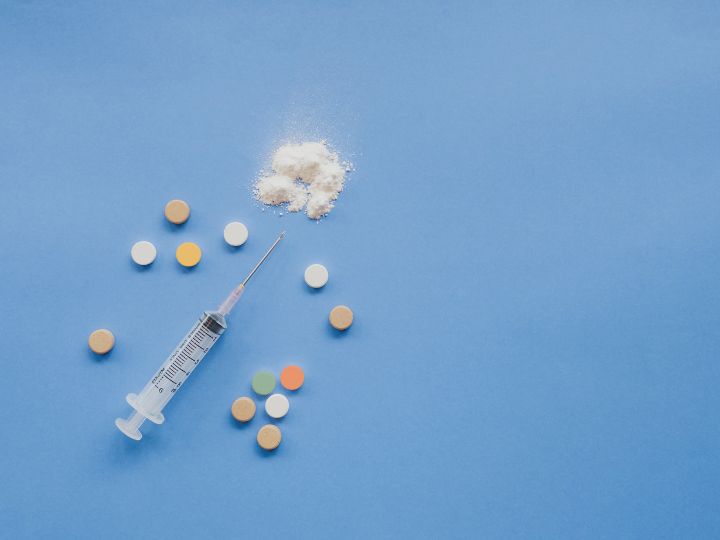Heroin is a powerful and highly addictive opioid. While it can be consumed in several ways, injecting heroin, often referred to as “shooting up,” poses the most immediate health risks, including overdose and life-threatening infections. If you suspect a loved one may be using heroin intravenously, recognizing the physical and behavioral signs can be a crucial step toward helping them find recovery.
This guide is here to help you identify the warning signs of IV heroin use and understand what steps to take next.
What Does “Shooting Up” Mean?
“Shooting up” is a slang term for injecting heroin directly into the bloodstream using a needle and syringe. This method delivers the drug to the brain quickly, producing an intense and immediate high. However, it also drastically increases the risks of overdose, infections, and long-term physical damage.
Physical Signs of Heroin Injection
The physical symptoms of intravenous heroin use are often visible, especially over time. If you notice any of the following, it may indicate that someone is shooting up:
1. Track Marks
Small puncture wounds, often in the arms, hands, legs, feet, or neck. Over time, these may scar or darken, becoming more visible.
2. Bruising and Scabs
Frequent injections can lead to bruises or scabbing around injection sites, particularly if veins are missed or collapsed.
3. Collapsed Veins
Repeated injections in the same vein can cause veins to collapse or become unusable.
4. Skin Infections
Look for signs of abscesses, swelling, redness, or oozing sores. These infections can become serious and require medical treatment.
5. Unusual Clothing Choices
Wearing long sleeves or pants in warm weather to cover injection marks or bruises.
Behavioral and Psychological Signs
Heroin use affects much more than just the body, it changes behavior, relationships, and mental health. Watch out for:
1. Paraphernalia
Finding syringes, rubber tourniquets, burnt spoons, cotton balls, or small baggies with powdery residue.
2. “Nodding Off”
A common side effect where the user fades in and out of consciousness, often mid-conversation or activity.
3. Social Withdrawal
Isolation from family and friends, sudden secrecy, or defensiveness about whereabouts and activities.
4. Mood Swings
Intense shifts between euphoria and irritability, anxiety, or depression.
5. Neglect of Responsibilities
Declining performance at work or school, missed appointments, or poor personal hygiene.
Health Risks of Shooting Up Heroin
Injecting heroin exposes users to a wide range of serious medical risks:
- Overdose: Especially when heroin is laced with fentanyl.
- Infectious Diseases: Including HIV, Hepatitis B and C from shared needles.
- Endocarditis: A dangerous heart infection from bacteria entering the bloodstream.
- Collapsed veins and tissue damage: Repeated injections damage the circulatory system.
How to Talk to Someone Who Might Be Using
Approaching a loved one about heroin use is incredibly difficult. Here are a few tips:
- Stay calm and compassionate. Avoid accusations or anger.
- Use “I” statements. For example: “I’ve noticed some things that worry me…”
- Choose a quiet, private time when they are not high or withdrawing.
- Offer support, not ultimatums. Let them know help is available.
Getting Help: Premiere Addiction Recovery Is Here
Recognizing the signs of heroin injection is only the first step. The next, and most important, is seeking professional help. At Premiere Addiction Recovery, a drug rehab in Florida, we offer:
- Detox Services
- Residential Treatment
- Medically-Assisted Therapy
- Family Education
- Pregnant/Postpartum Detox
- Veteran’s Services
Recovery is possible, no matter how severe the addiction may seem.
You’re Not Alone. We Can Help.
If you suspect that someone you care about is shooting up heroin, don’t wait. Early intervention can save a life. Premiere Addiction Recovery offers compassionate, confidential care designed to help individuals and families heal.
Call us today to book a consultation with our team.


